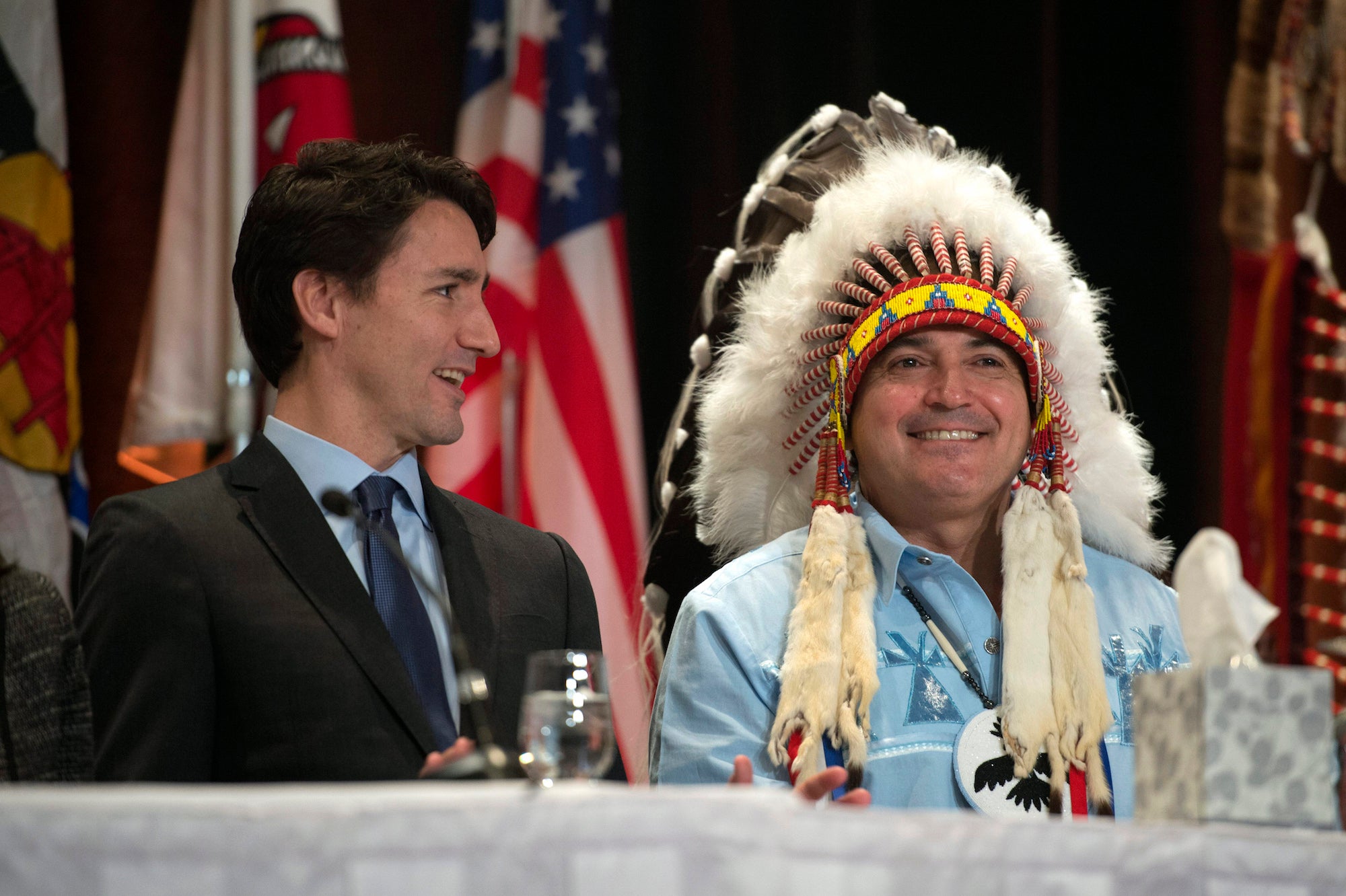Justin Trudeau launches investigation over missing, murdered aboriginal women
Police reports have found a disproportionate number of aboriginal women are victims of homicide

Canadian Prime Minister Justin Trudeau on Tuesday announced the launch of an investigation into the unsolved murders and disappearances of aboriginal women, reports say.
The recently elected Liberal Party prime minister’s probe follows years of criticism of his Conservative Party predecessor, Stephen Harper, for not addressing the issue.
A 2015 report by the Royal Canadian Mounted Police found that aboriginal women make up just 4.3 per cent of the population but, between 1980 and 2012, comprised 16 per cent of all female homicides. homicides
“Aboriginal women continue to be over-represented among Canada’s missing and murdered women given their percentage of the Canadian population,” the report said.
Former Prime Minister Harper refused to allow for a probe into their deaths, despite renewed calls following the report.
Trudeau said the investigation had for its aim the consolation of Canadian aboriginal families.
“The victims deserve justice, their families an opportunity to be heard,” the Associated Press reported him as telling the Assembly of First Nations Special Chiefs Assembly in Gatineau, Quebec, after which he received a standing ovation.
There are about 1.4 million aboriginal people living in Canada, according to the government’s latest count in 2011. That accounts for about 4.3 per cent of the population.
Canadian aboriginal peoples under the Harper administration launched multiple campaigns to, among other things, stave the widespread environmental degradation that they said had infringed on their constitutionally guaranteed right to autonomy over tribal lands.
A native of Canada’s energy-hub province of Alberta, Harper championed projects like the Keystone XL Pipeline, which would have delivered Canadian tar sands oil across the border to the US. The deal faced strong opposition from environmentalists on both sides of the border until US President Barack Obama on Nov. 6 rejected the deal, saying it “would not serve the national interest of the United States.”
Join our commenting forum
Join thought-provoking conversations, follow other Independent readers and see their replies
Comments
Bookmark popover
Removed from bookmarks